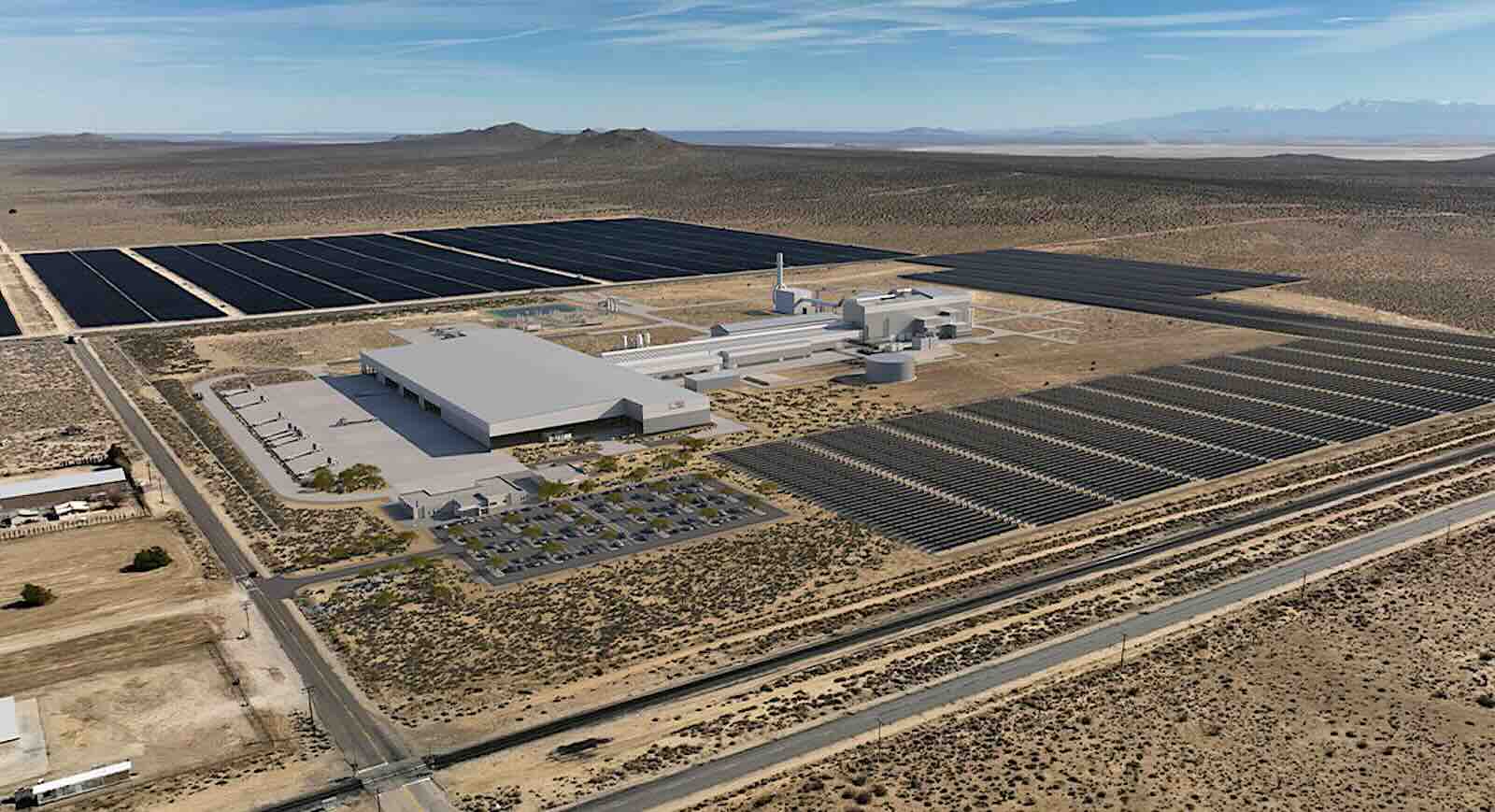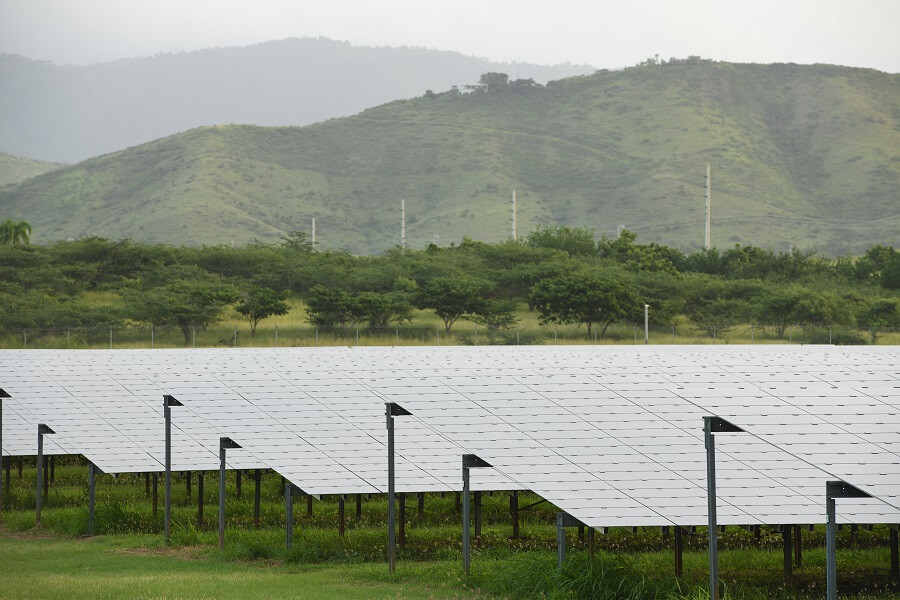For more than a decade, environmental, social and governance rating agencies have ranked companies on how they are addressing climate change, treating their employees and communities, and stewarding their operations.
What’s been missing, particularly amid growing focus on financing the green transition: a spotlight on the taxes those multinationals pay.
The payment of corporate taxes is a powerful indicator of how a company views its role in society and supports the communities in which it operates and the stakeholders it engages, argue law professors Danielle Chaim of Israel’s Bar-Ilan University and Gideon Parchomovsky of The Hebrew University of Jerusalem in a recent paper.
“The more corporations avoid paying taxes, the less capable the government is at promoting ESG goals,” they write.
Paradoxically, some of the top corporate tax avoiders have solid ESG scores — what the researchers call the “tax blind spot of ESG.”
Corporations and institutional investors are cast by the ESG world as “modern-day saviors” who “offer a better path forward,” when in fact they’re “the cause of some of the main deficiencies ESG seeks to redress,” the authors write.
Multinationals that use sophisticated strategies to artificially reduce their tax bills by exploiting loopholes and gray areas in the tax code are denying the federal government additional revenue that could be deployed to further tackle climate change and inequality, they say.
Lost revenue
The Internal Revenue Service earlier this month announced it had brought in $1 billion from delinquent millionaires. But the agency has found it tougher to crack down on large companies that routinely shift their profits out of the US tax base and into low- and no-tax countries such as the Cayman Islands, Singapore and Bermuda.
Individual Americans pay for the bulk of federal spending, including the Inflation Reduction Act, or IRA, the Biden administration’s landmark initiative to tackle greenhouse gas emissions and boost underserved communities. Corporate tax payments make up only 6.5% of all federal tax revenues — down from as much as 30% in the 1950s.
The US loses $80 billion in tax revenue a year from profit shifting, the Congressional Research Service estimates. That’s equivalent to nearly three Greenhouse Gas Reduction Funds and, over a decade, close to the estimated $1 trillion cost of the IRA.
‘Tax blind spot’
Nearly 300 of America’s largest, consistently profitable corporations saw their average effective tax rate plunge 16% after former President Donald Trump’s 2017 tax-code overhaul, even as their profits surged 44%. The law slashed the corporate tax rate to 21% from 35%; corporations paid an average 12.8% after the change, according to a May analysis by the nonprofit Institute on Taxation and Economic Policy, or ITEP.
The low rates were helped by workarounds to overhaul provisions aimed at curbing profit shifting.
From 2018 to 2021, Verizon Communications, the company that saved the most, paid $10.7 billion less in taxes than it would have before the 2017 overhaul, an 8% effective rate, even as it maintains a “low” ESG risk rating — a good score — from Sustainalytics.
Others with good ESG scores that saved money include semiconductor giant Intel ($7.7 billion in savings), Visa Inc. ($5.2 billion), and FedEx Corp. ($2.1 billion).
Microsoft, which has a “low” ESG risk rating from Sustainalytics, owes $29 billion, plus penalties and interest, to the IRS for channeling profits in prior decades to low-tax Puerto Rico, the nation’s tax collector claims. A February analysis by ITEP found that 23 companies, including Duke Energy, pipeline operator Kinder Morgan and Office Depot, paid zero or less federal tax over five years through 2022 despite being profitable in each year. Less than zero means a refund from the federal government.
The IRA instituted an “alternative” minimum 15% tax on corporations that report more than $1 billion in profits to shareholders to help its defray costs.
Corporate enablers
Tax-avoiding corporations are not the only players that should be held accountable, the legal scholars say. Ratings agencies do not include robust measurements of tax payments, when at all. And large institutional investors and asset managers not only tolerate tax minimization, they actively encourage it.
ESG funds, Chaim and Parchomovsky observe, tend to favor companies implementing aggressive tax strategies. And firms such as BlackRock and Vanguard have voted against shareholder proposals aimed at enhancing tax transparency at mega-profitable corporations like Amazon, Microsoft and Cisco.
The paper, re-published in May by the Harvard Law School Forum on Corporate Governance, calls for ratings agencies to make a company’s effective tax rate — the amount actually paid to the Treasury Department each year — “a key consideration in ESG ratings.”
Doing so, they argue, would prompt companies seeking strong sustainability scores to mitigate their ESG risk by paying more tax. It would also push more impact-minded investors into funds holding shares in companies that pay robust tax bills. “Corporations should publicly state if and how their tax behavior reflects their commitment to ESG values,” they write.
Taxes help drive clean investment
Getting corporations to pay their fair share is a global concern. The Organisation for Economic Co-operation and Development is trying to push through a new global tax framework that would raise up to $192 billion a year. The Biden administration has endorsed the initiative, but whether the US actually implements it hinges on the crafting and approval of complex tax code changes by Congress, and on the outcome of the US presidential election in November.
In the runup to the G20 meeting in November, Brazil, which heads the group of 20 leading industrialized nations, and France are pushing for a 2% wealth tax on billionaires. That would raise up to $250 billion a year to fight climate change and fund public services.
A wealth tax is likely out of the question in the US. A Supreme Court ruling in June upheld a Trump-era mandatory repatriation tax on the revenue of non-U.S. companies controlled by US corporations or individuals. But justices voiced their hostility to “nonexistent taxes that the Court does not today bless, including a wealth tax.” Treasury Secretary Janet Yellen said in May that she doesn’t support such a levy on US billionaires.
In March, the United Nations unveiled a framework for taxing the net wealth of the ultra-rich, including unrealized gains. Separately, the International Monetary Fund calls for a carbon tax of $75 per ton in 2030 and removing trillions of dollars a year in fossil fuel subsidies to limit global warming to 2°C or less. Singapore and Malaysia recently introduced carbon levies on air travel.












